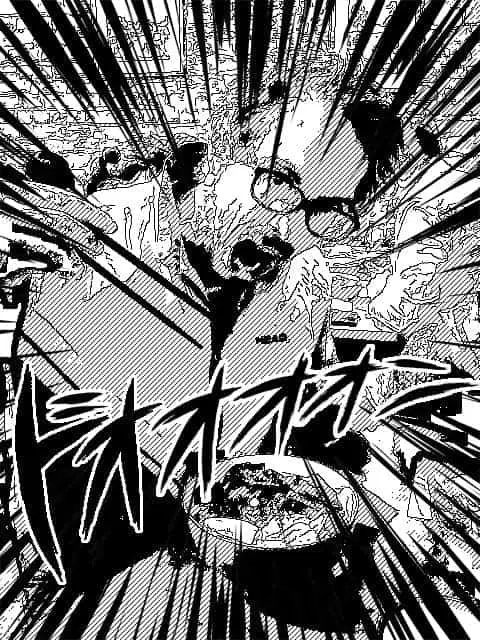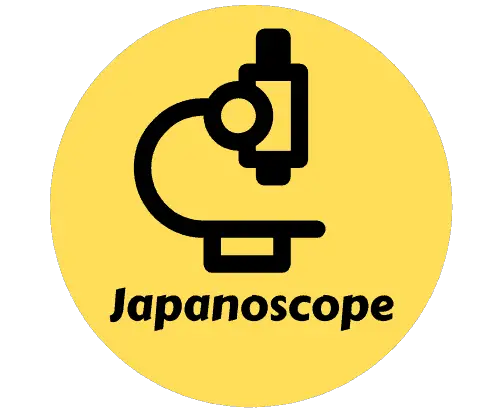「笑顔にする」と「批判されないようにする」には、
大きな差がある。
There is a big difference between “trying to make people smile” and “making people not want to criticize you”
Today’s Japanese translation draws attention to a subtle change of perception that can have big differences in your life. It talks about the difference between “trying to make people smile” and “trying to make people not want to criticize you”. It is about how this switch from a more inward looking to a more outward looking focus can help you experience more joy in what you are doing. I found it to be a really helpful essay, and I’ve been trying to use it in my own work since I first read and translated the piece. It was written by Inazo Inamoto 稲本稲三 and appeared on his note.com blog.
See all Japanoscope Japanese translations here.
Original Japanese
「笑顔にする」と「批判されないようにする」には、大きな差がある。
自分がやっていて熱中してしまうものと、そうでないものには、どういう差があるのだろうかと考えてみました。
仕事だろうが、遊びだろうが、やたらと何かを企画することが多い僕は、その全てが楽しいわけではなく、ときどき辛いこともあります。
逃げ出したくなったり、負担に感じたりして、なかなか企画に着手できなくなる時は、意外と多いものです。
しかし、それとは反対に、一度やり始めたら、ずっとやり続けてしまうこともあります。
目が疲れていたり、お腹が空いていたりしても、その時間に終わりが来てほしくないから、いつまでも続けてしまうことがあり、楽しくて仕方がなくなります。
Translated English
There is a big difference between “trying to make people smile” and “making people not want to criticize you”
I’ve been thinking about what the difference is between the tasks I find myself getting lost in the act of doing, and those that I do not.
Whether it’s as part of my work life or my recreational life, I’m often planning something or other. Not all of it is fun. Sometimes there are things that I have to do that are just a pain.
There are actually many times when I feel like running away from what I have to do, or feel my tasks are a burden, and find myself procrastinating from what needs to be done.
On the other hand, there are some things that once I start on I feel I could just keep going on with forever.
Whether my eyes are getting tired, or my stomach is rumbling, at those times I don’t want what I am doing to ever end. I don’t want to quit because I’m just having so much fun.
同じようなことでも、なぜ違うのだろうか。
その原因は、僕が向ける意識にありました。
僕が「楽しくない」、「辛い」、「逃げ出したい」と思っているときは、意識が自分に向いています。
自分の肉体的な疲労や精神的な疲労ばかりに意識が向いてしまうと、どんなに楽しいことをやっても休みたいと思ってしまいます。
その他にも、自分ができなくちゃいけないというプレッシャーも、危険なものです。
そんなプレッシャーの中では、何をやっても楽しくありませんし、逃げ出したくなってしまうだけです。
それとは反対に、僕が「楽しい」、「ハマってるなぁ」、「終わりたくない」と思っているときは、意識が他人に向いています。
「目の前のことを早く終わらせたい」という気持ちよりも、「どうやったら面白くなるか」ばかりを考えているので、自分の都合が介入してくることはありません。
他の人の笑顔を具体的にイメージすれば、そこに向かって走っていくのは、楽しいものです。
Why do I experience such similar things so differently?
I’ve found that difference has lay in where I’ve been directing my focus.
When I am experiencing something as being “a bore”, or “a pain” or “something I want to escape from”, it is when I am focusing on myself.
If I focus on my physical and mental fatigue, I find myself wanting to take a break no matter how enjoyable a task may be.
Another dangerous factor is feeling the pressure that I must be able to do something.
Under such pressures, anything I do is rendered unenjoyable and all I feel is the urge to escape.
Conversely, the times when I feel like I’m “having fun” or “swept up in something” or that I “don’t want something to end” are the times when my focus is on other people.
Rather than thinking “I can’t wait to finish the task at hand”, I’m just thinking, “how can I make what I’m working on really interesting?” so my own circumstances don’t get a look in.
If you concretely picture the smiling faces of other people, it becomes only natural to feel the urge to move towards them, and to enjoy the process.
このとき大事なのは、他の人から批判されないことを目指さないことです。
「笑顔にする」という意識と「批判されないようにする」という意識には、大きな差があります。
「笑顔にする」のは、積極的な工夫を仕掛けたくなるものですが、「批判されないようにする」のは、消極的な考え方になって、必要以上のことをしようとは思えなくなります。
相当な向上心がある人は、「批判されないようにする」という意識でも、十分に機能すると思いますが、向上心に疲れやすい人にとってはネガティブになってしまうだけです。
「笑顔にする」という意識を持てば、人間関係も嫌にはなりませんが、「批判されないようにする」という意識は、人と関わること自体がストレスになります。
物事を楽しむ人とそうでない人の差は、常にこういうちょっとした差で開いていっているのかもしれません。
稲本稲三
The important thing here is not to aim at avoiding criticism from others.
There is a big difference between “trying to make people smile” and “making people not want to criticize you”.
“Making people smile” is something that leads you to proactively innovate, but “making people not want to criticize you” is a negative idea and leads you to want to do no more than the bare minimum.
For people with a truly considerable urge towards self-improvement, “making people not want to criticize you” may be enough to get by, but for those that tire more easily of self discipline, this way of thinking only leads to negativity.
If you come from a place of trying to “make people smile”, neither will you be annoyed by human interaction. Whereas if you come from a place of “make people not want to criticize you”, the very act of interacting with others becomes stressful.
It may be that this fine distinction is the only thing that separates those that enjoy life, from those that don’t.
Inazo Inamoto
Unfamiliar words for me
疲労 Fatigue, weariness
消極的 half-hearted, unmotivated
向上心 Desire for Self-Improvement
Inamoto’s essay urges us to change from an inward to an outward focused orientation to achieve a more fulfilling, and absorbing, existence. You may want to follow up this article with the intriguingly courageous social media commentary of Todoron on her experience of “being ugly in Japan”, or by looking at this collection of Japanese Quotes on life taken from everything from advertising placards to manga panels, or take our “Samurai or CEO” test, where we place quotes from modern day business leaders next to military leaders of yore to see if you can tell the difference…
Want more Translations? Try a topic from this list:
Tags
Language Learning Program Reviews
Latest Posts
Japanoscope is a registered affiliate with several online shops and may receive a commission when you click on some of the links within content.

Who is behind this site?
I’m Peter Joseph Head. I lived in Japan for four years as a student at Kyoto City University of the Arts and on working holiday. I have toured the country six times playing music and speak Japanese (JLPT N1).
ピータージョセフヘッドです。3年間京都市立芸大の大学院として、一年間ワーキングホリデーとして日本に住み、6回日本で音楽ツアーをし、日本語能力試験で1級を取得しました。要するに日本好きです。
Podcast: Play in new window | Download
